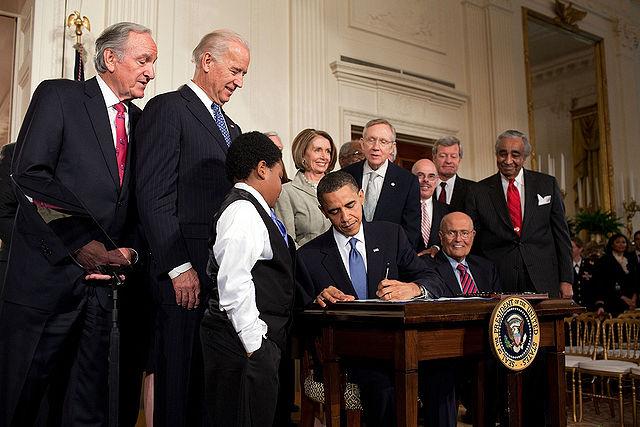Many people are still confused about the provisions of Obamacare. Through this article we will try to clear all the doubts that you might have regarding this legislation.
Obamacare is not the official name of the act, it’s just a popular name for the Patient Protection and affordable care act of 2010. The act comes into full power in 2014 but some of its provisions have already been implemented. Some experts believe that the decline in the growth rate of the total health care related expenditures is a direct result of the implementation of the affordable care act.
The most controversial part of the affordable care act that makes it mandatory for everyone to buy a health insurance or pay a tax has yet not been implemented; it is supposed to come into power later this year.
Depending on your financial standing, following is an explanation of how the provisions of Obamacare will affect you.
If you Already have a Health Insurance Plan:
The new affordable care plan outlines 10 essential health care services. If your health insurance plan does not complies with these 10 points then it will stand negated. This 10 essential point feature can be considered as both good as well as bad. It is good because it allows for more benefits in the new plans. Any new health insurance plan must comply with these 10 points or else it won’t be eligible to be sold at the market place. It is bad because it negated some existing health insurance plans. It is estimated that about 3 to 5 million Americans will face the problem of negated insurance plans. This will eventually lead to a rise in health care spending for a short term.
If you don’t have a Health Insurance Plan:
Till now more than 30 million Americans had no health insurance at all. But starting from 2014, it has been made mandatory for everyone to buy a health insurance plan at the marketplace. One of the provisions of the new affordable care act allows the government to tax an individual if he has not purchased a health insurance plan. This penalty is most likely to be one percent of the total income of the individual to be taxed. Many people have criticized this feature as they believe that buying a health insurance plan is more of a personal decision. However as a flip side to the coin, this feature will compel more people to avail insurance and this will lead to decreased spending on health care.
If you can’t afford Health Insurance:
There is nothing to worry if you cannot afford to buy a health insurance plan. If your income is less than or equal to 133 percent of the federal poverty level then you will automatically qualify for Medicaid. If however you do not qualify for Medicaid but still you are not able to afford a health insurance plan then you will receive tax credits, for this your income must be less than 400 percent of the federal poverty level.
Brianna Wilson works for Healthcare Solutions Team. She is licensed with over 40 major health insurance companies and helps people to buy best health insurance plan.





